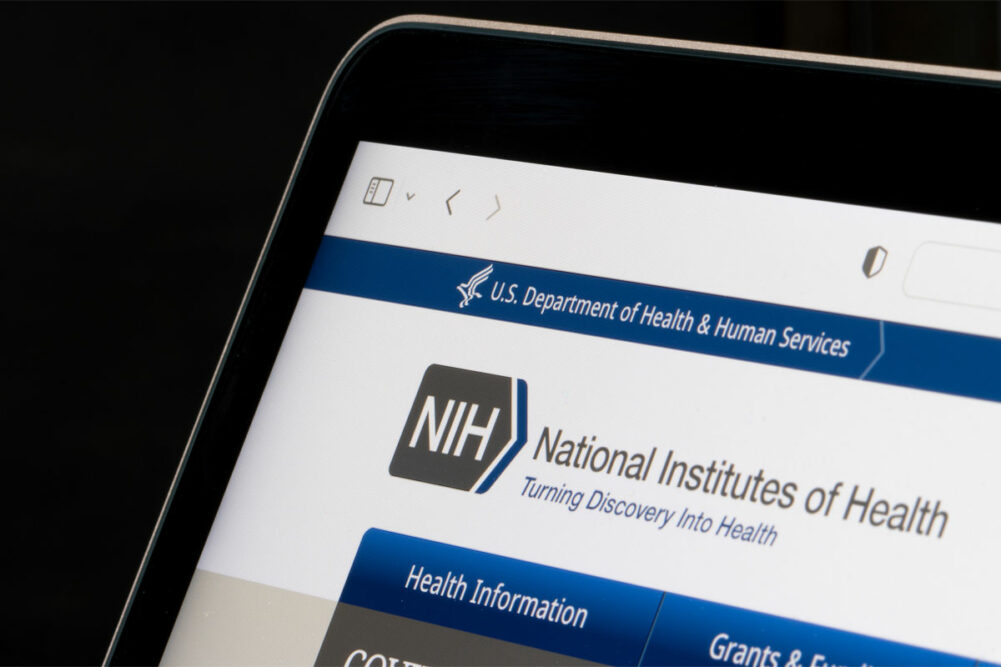 KANSAS CITY — The US National Institutes of Health (NIH) is embarking on an ambitious research project that may redefine nutrition and dieting and has the potential to impact overall consumer health and wellness. It is an endeavor worth monitoring for its possible impact on food and beverage product development.
KANSAS CITY — The US National Institutes of Health (NIH) is embarking on an ambitious research project that may redefine nutrition and dieting and has the potential to impact overall consumer health and wellness. It is an endeavor worth monitoring for its possible impact on food and beverage product development.
Central to the NIH’s Nutrition for Precision Health (NPH) research project, which is a part of the agency’s All of Us Research Program, is the development and use of artificial intelligence to create algorithms that will predict individual responses to food and dietary patterns. Currently, most dietary patterns are built around balancing the consumption of a specified assortment of foods to achieve a specific dietary or health goal. The NIH recognizes diet and health are much more complicated than suggested by this approach.
The goal of creating precision nutrition algorithms is to move from a one-size-fits-most approach to more specific recommendations that are tailored to an individual’s unique characteristics and environments. The NPH will study how a range of factors, including genes, lifestyle, health history, the microbiome and an individual’s social conditions, influences a person’s response to diet.
To facilitate the research, the NIH has established 14 sites across the US and is in the process of recruiting 10,000 participants from diverse backgrounds to contribute to the study. The project will comprise three components. All subjects will participate in the first component while subsets will contribute to the second and third components.
The first part of the study will require participants to complete surveys, report their daily diets, and provide blood, urine and stool samples for testing, including a microbiome analysis. In the second component, a subset of participants will be given diets selected by researchers. In the third component, participants also will be given diets selected by researchers but will be requested to reside in a research center while on the diets.
Researchers will use artificial intelligence to analyze the information provided to create algorithms that it is hoped will predict individual responses to dietary patterns. In addition to helping individuals improve their diet and health, it also is hoped the study’s findings may one day allow health care providers to offer more customized nutrition guidance to improve overall health.
The promise of personalized nutrition is nothing new. It is the size and scope of the NPH program that has the potential to rapidly accelerate the development of personalized nutrition programs. Companies like Mars, Inc. and Nestle SA as well as a range of entrepreneurial startups have dabbled in the space, but no one has attempted a study of this scale.
The results may reshape how individuals make food choices, and, if the algorithms truly can make accurate recommendations based on a person’s unique characteristics and environments, then it also will have the potential to shift some aspects of food and beverage innovation away from a mass market approach to one that is tailored toward specific target markets. It is this possibility alone that makes the study worthy of industry attention.





